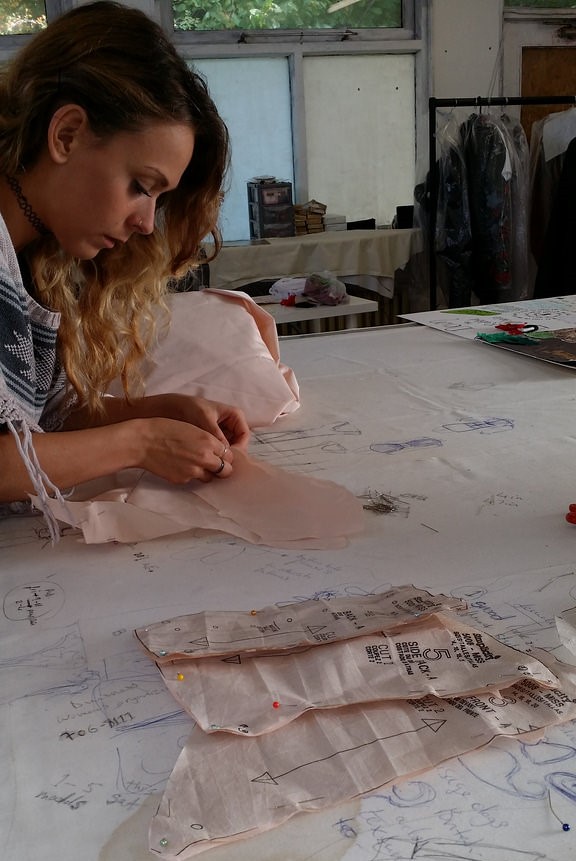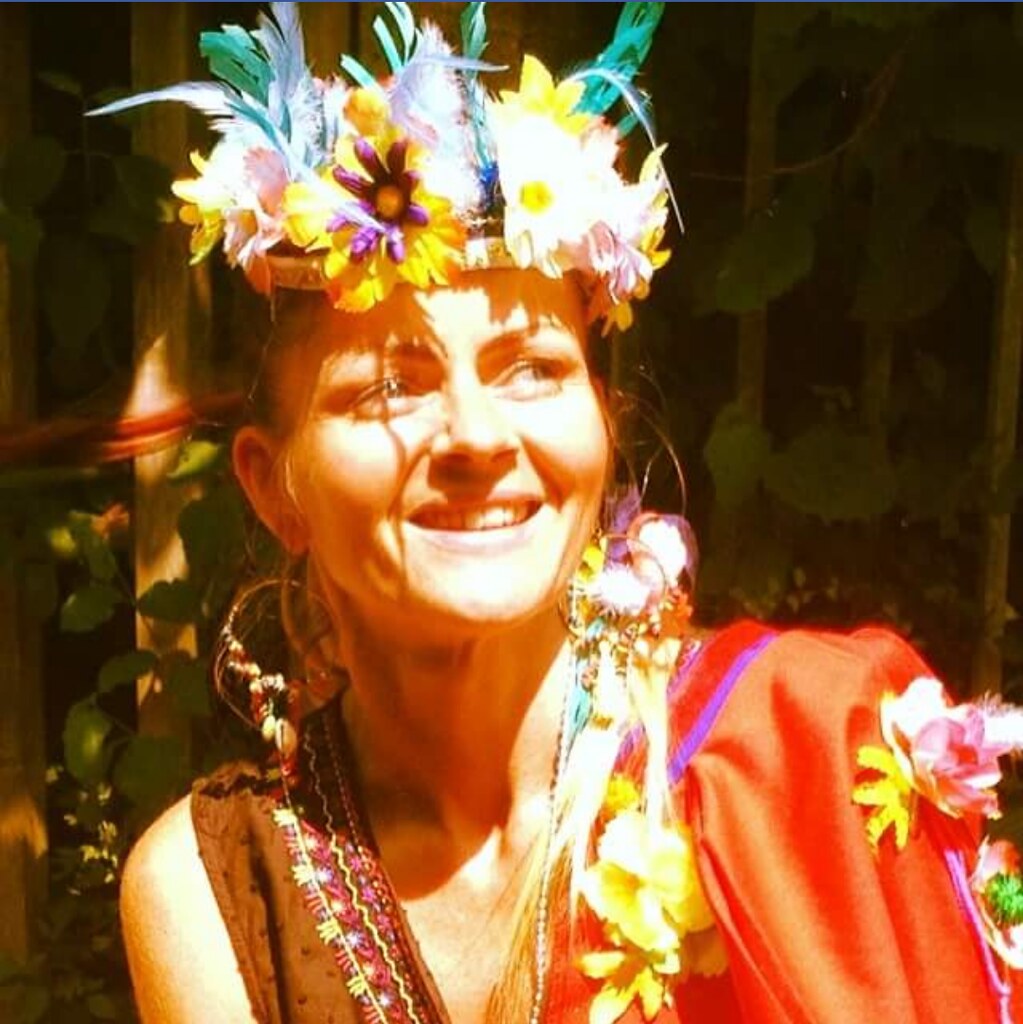
Engaging socially excluded adults through participatory arts projects
Providing improved education and opportunities for those at risk of social exclusion is a burning issue on the political agenda at the moment - and a key objective of the Erasmus+ Programme.
Merseyside-based not-for-profit company SAFE Regeneration has been working on a strategic partnership project in adult education which addressed just this issue.
Supporting vulnerable adults
The 'Supporting Improved Learning Opportunities for hard to reach groups' (SILO) project aimed to validate the skills gained by people from vulnerable groups, primarily through arts projects.
Working with partners from Greece, Bulgaria, Spain and Poland, SAFE Regeneration provided a framework for creative practitioners to engage and support their beneficiaries to achieve validated competencies.
The goal was to help reduce the number of low-skilled adults and to support the production and adoption of Open Educational Resources in diverse European languages.
It’s very much about helping people to help others.
New found confidence and motivation

The project has seen groups flourish with new skills and confidence according to co-ordinator Jane Johnson.
"In the UK, the framework testing focused on NEETS, those not in education, employment or training." she explained.
"They took part in a creative workshop in a fashion design environment, designing and making corsets based on Alice in Wonderland for the anniversary of Lewis Carrol's novel. The participants were strongly involved from start to finish; they had a lot of autonomy, input and ownership in the process and they ended the project with a catwalk fashion show.
My confidence and self-worth have increased so much that I am looking at putting my skills into starting my own business.
"Some of them couldn’t even look you in the face when they came to sign in for their workshops, they were really socially isolated and suffering from a range of mild to moderate mental health issues. To sit and watch them strutting down a catwalk in their creations was fantastic. It was a wonderful thing to see that confidence and attitude, to see how enthused they all were, how well they worked as a team and how they supported each other."
Participant Samantha Cottrell added: "The SILO project has helped me achieve all I wanted and much more. I have gained a lot of skills such as communication, team building and leadership and my confidence and self-worth have increased so much that I am looking at putting my skills into starting my own business."

Putting employability first
The project aimed to identify employers' most valued skills and create a framework so that practitioners delivering workshops could easily and clearly see the link between employer needs and skills gained when assessing their beneficiaries.
Jane explained: "Practitioners in participatory arts can be less confident when it comes to paperwork, assessment and evaluation so it was imperative to create a framework that they would be comfortable using.
"It needed to be highly flexible, partly to be adaptable for different creative arts and working styles, but also to account for the fact that the practitioners of the creative workshops are working with beneficiary groups that have specific needs.
"Self-reflection plays a big part in the project; involving beneficiaries in evaluating their own learning and performance helps them to understand how they learn and from that, build on their own action plans for the future.
"This framework also aims to professionalise the work that practitioners are doing. They are aware of the benefit their workshops are having on beneficiaries but if there is no way to measure it then they have no tangible way to show their effectiveness, in turn making it more difficult to apply for further funding."
Carla Beardmore, from North West Designworks CIC, one of the creative practitioners involved in testing the framework shared her thoughts: "Beneficiaries could map their own outcomes with guidance and the whole process was simplified. It genuinely validated what we do as practitioners and how this empowers individuals - it really does make a difference."
Long-term benefits
Beneficiaries leave with a tangible report, showing the employability skills that they have developed during the workshop. They also gain self-evaluation and reflection skills that help them understand about how they learn.
It gives practitioners a recognised framework and the more it’s disseminated, the more recognisable it will be.
Looking to the future
In the long-term, SAFE Regeneration would like the SILO methodology to be utilised across the European Union, empowering beneficiaries and professionalising practitioners' methods.
"It gives practitioners a recognised framework and the more it's disseminated, the more recognisable it will be," said Jane Johnson.
Inspired by SAFE Regeneration's story? Find out more about Erasmus+ adult education funding now!


Add new comment